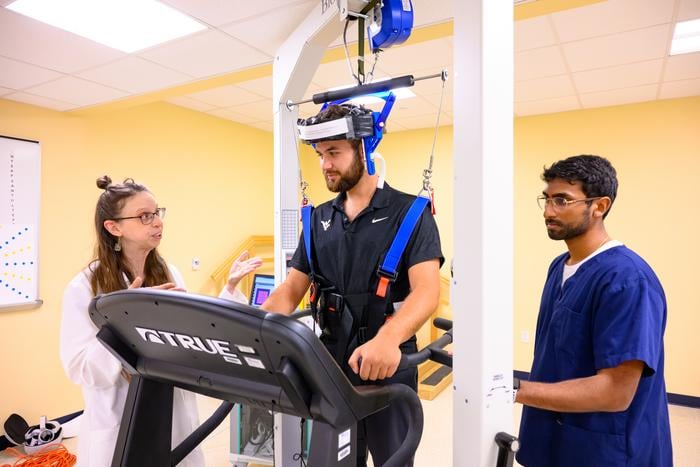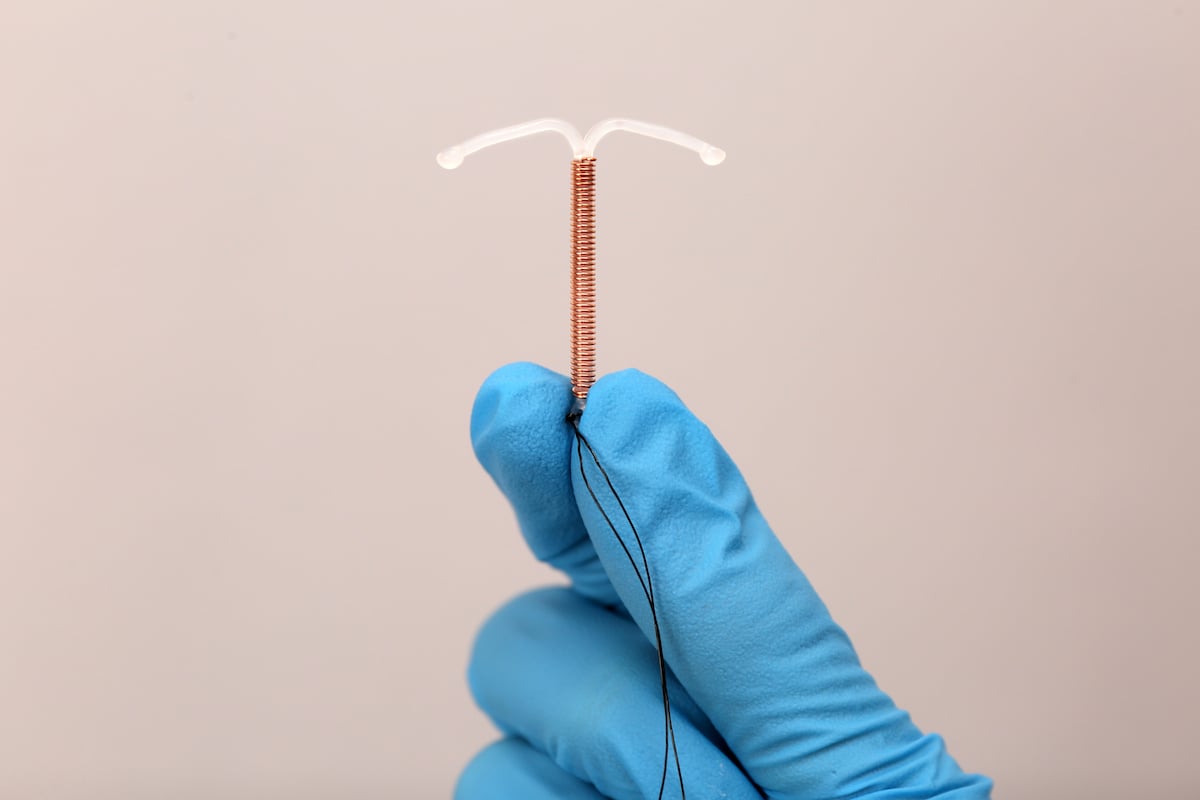.jpg)
Women exposed to TikTok videos that make eating disorders look cool and glamorous tend to have worse body image, a new study finds. These videos include what researchers call “pro-anorexia” clips, as well as other videos focused on weight loss. “Our study showed that less than 10 minutes of exposure to implicit and explicit pro-anorexia… read on > read on >










.jpg)


.jpeg)
















